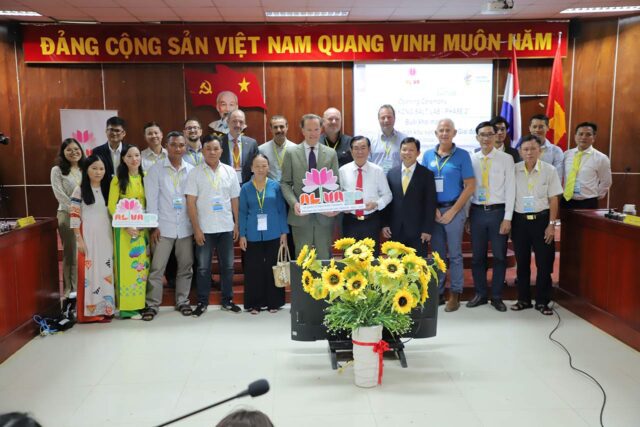
Launching Mekong Salt Lab Phase II in Partnership with Tra Vinh University
On October 18, 2023, The Water Agency launched Phase II of the Mekong Salt Lab project in collaboration with Tra Vinh University and esteemed partners.
The Mekong Delta, renowned for its agricultural productivity, confronts serious challenges from rising sea levels, water scarcity, and saltwater intrusion. These threats endanger agricultural output, causing crop failures, water shortages, and socio-economic disruption, compelling farmers to leave their lands for urban areas. Funded by the Partners for Water Program (PvW), The Water Agency and the partner organizations initiated the Mekong Salt Lab project to address these challenges by enhancing agricultural resilience and providing adaptive solutions for salinity issues.
Starting off with the initial phase in Tra Vinh, a coastal province in the heart of the delta, the project extensively studied saltwater intrusion’s impact in the region. Ground surveys, farmer engagement, and educational initiatives at Tra Vinh University were the foundation for understanding salinization’s effects on local farming. Collaborative endeavors with stakeholders established the Mekong Salt Lab Center at the university, simultaneously launching an accessible online platform for vital information publishing.
Transitioning into Phase II, The Water Agency and the partners will develop initiative solutions for the Tra Vinh region’s champion farmers, highlighting critical deficiencies blocking their adaptation to salinity challenges:
The Mekong Salt Lab aims to respond to these challenges by fostering a collaborative ecosystem that combines expertise and resources from public and private stakeholders. This comprehensive approach aims to provide farmer-centric, cost-effective salinity adaptation services, unifying efforts from government bodies, universities, unions, and value-chain partners.
The project phase II will kickstart with inception stage, involving reconnecting with stakeholders, and setting expectations. Subsequent activities will focus on analyzing Champion Farmers, creating tailored plans, developing services, and executing them while collaborating with local teams and experts. After that, trainings will be provided to the Champion Farmers to become educators, executing Farmer-to-Farmer initiatives. In the final stage, evaluations will be done, project elements will be transitioned to the Lab, and the outcomes will be shared.
As the project coordinator, our main project goal lies in showcasing substantial benefits for farmers. This includes marked improvements in crop yields, enhanced crop quality, better pricing, and streamlined operational efficiencies. Looking ahead, the vision of the Mekong Salt Lab expands to cover not only its current scope but also to reach its influence across the Mekong Delta region.
This project is financed through the Partners for Water (PvW) Program, executed by the Netherlands Enterprise Agency (RVO), supported by The Kingdom of the Netherlands in Vietnam.

On October 18, 2023, The Water Agency launched Phase II of the Mekong Salt Lab project in collaboration with Tra Vinh University and esteemed partners.
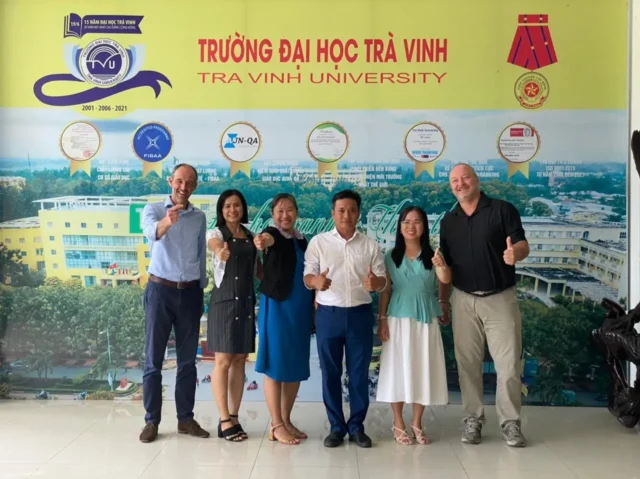
As part of a project funded by the Kingdom of Netherlands & Nuffic, Mekong Salt Lab is going to final stage and is expected to
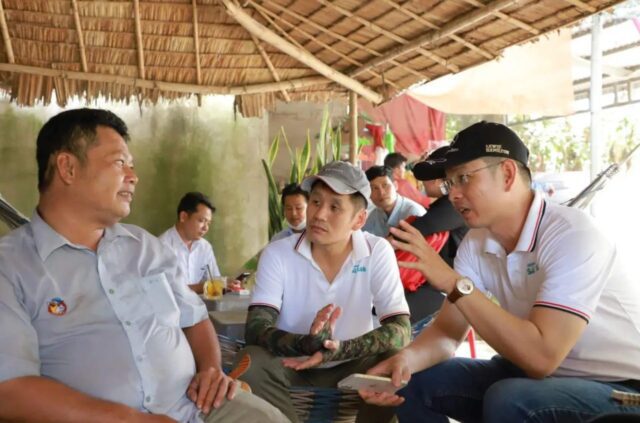
On June 13th, The Water Agency and Organizing Committee of Mekong Salt Lab Project had a field trip to Tra Cu and Duyen Hai districts
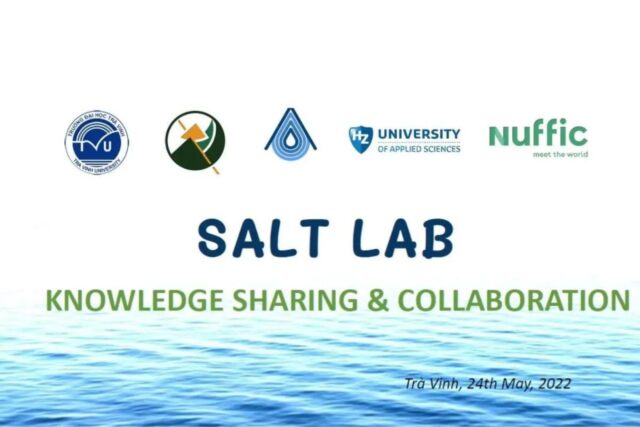
Supported by Nuffic and the Dutch Ministry of Foreign Affairs, The Water Agnecy launched the “Mekong Salt Lab” project in collaboration with local partners in
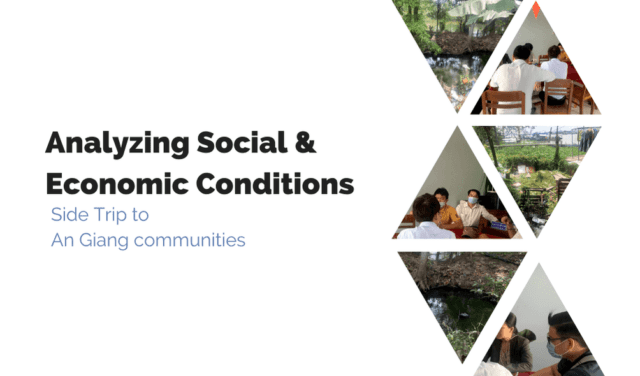
Following the Mekong Delta Workshop which the Mekong Environment Forum (MEF) and The Water Agency (TWA) jointly hosted in October 2020, TWA- MEF team had
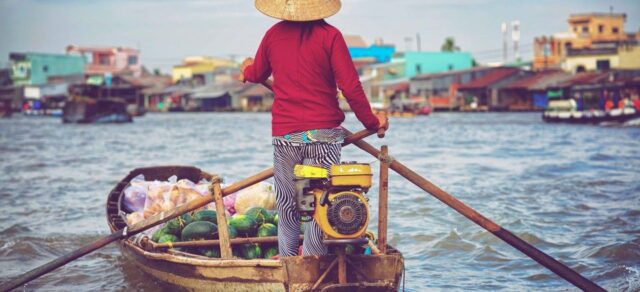
Mekong Delta Platform for community-level climate adaptation Bottom-up approach to water, energy & agriculture innovation The Mekong Delta is classified as one of the world’s
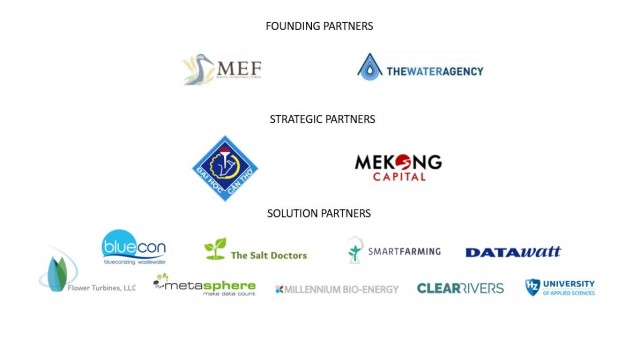
Pilot concept On 30 October 2020, the Mekong Environment Forum and The Water Agency jointly hosted an online/onsite workshop in Can Tho City, Vietnam in

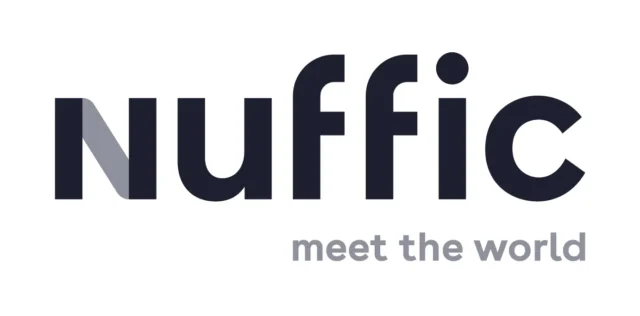


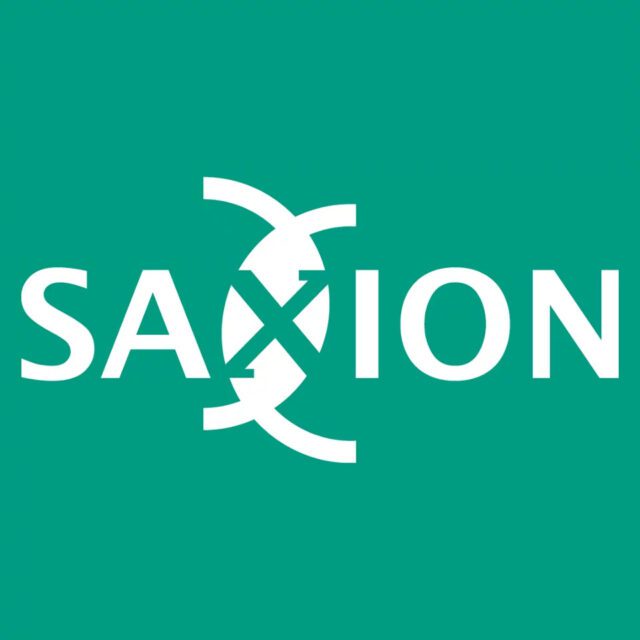



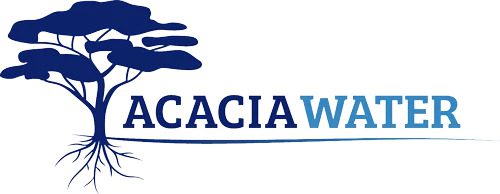
Are you interested to collaborate with us for other similar projects? Email to [email protected] or contact us from the website here.